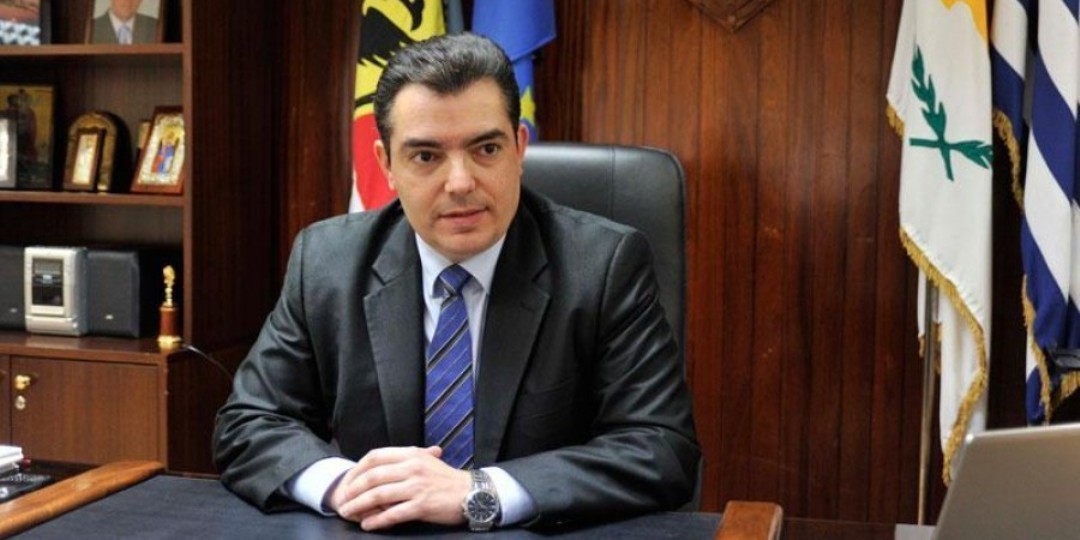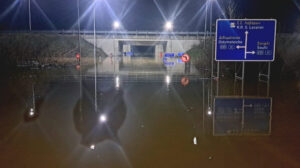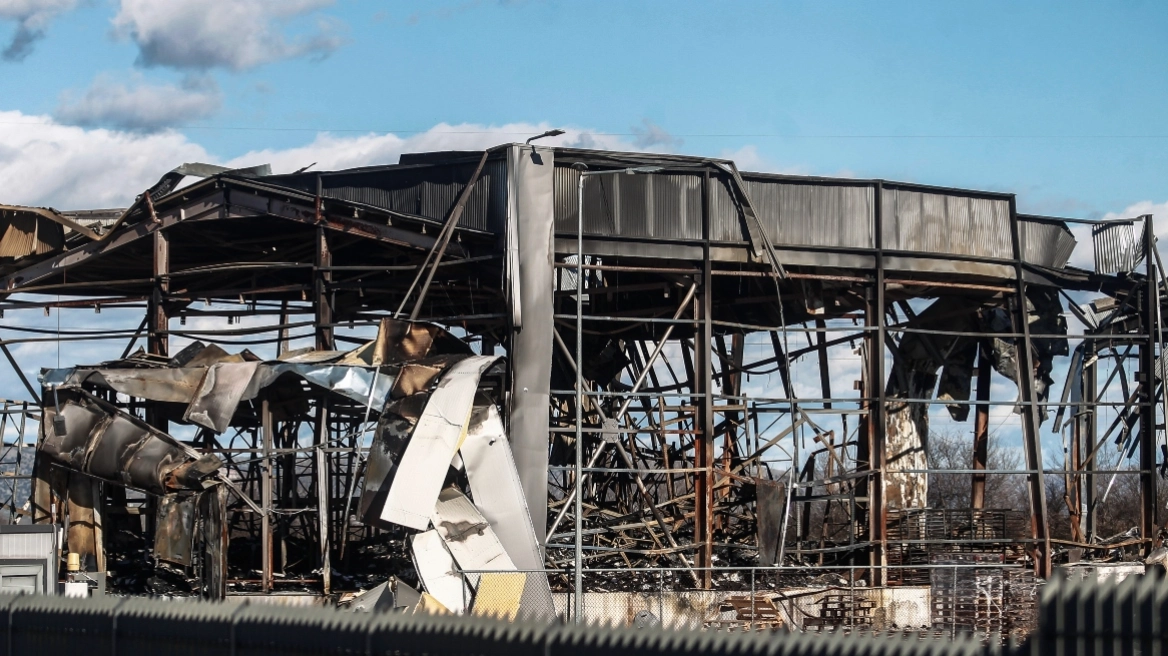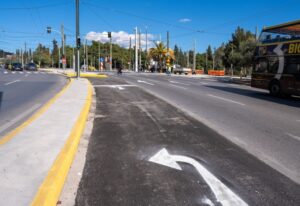In an exclusive interview with IBNA, Cypriot Defense Minister, Christoforos Fokaides, discusses the enhanced role of the Republic of Cyprus in the EU and its active role as contributor to security and a pillar of stability in the region; deepening defense cooperation in the EU; and the multi-level co-operation between the Republic of Cyprus and neighboring countries.
Minister, you participated in the informal meeting of defense ministers in Tallinn. According to reports, one of the issues on the agenda was deepening defense cooperation in the EU. How feasible and how desirable is this in reality?
The European Union currently has two options. It will either create the conditions to produce security or it will continue to generate insecurity. This is a crucial challenge on which the credibility of the EU and, in general, the confidence of citizens in the European project will be tested. Cyprus has every reason to remain in the first tier of European integration. For us, the issue is not ideological. It is a strategic choice that serves our national interests. To put it simply, Cyprus does not face the same threats as Luxembourg. The deeper defense cooperation and solidarity in Europe is, the more Cyprus will be protected.
Is there a risk that responsibilities and actions between a common European security mechanism and NATO will overlap?
No, and that is the common position of all the Member States, even NATO itself, as expressed by the NATO Secretary General in the EU Council of Ministers. Deepening defense cooperation in the EU is not in conflict with NATO. The EU’s strategic autonomy has to do with the Union’s own ability to play a role on the international stage by promoting its own interests. Above all, however, it has to do with its ability to be accountable to its citizens.
Greece and Cyprus have formed a grid of multi-level partnerships with neighboring countries in the Eastern Mediterranean, such as Israel, Egypt, Jordan, Lebanon, Palestine, etc. In the context of your own competencies, what are the issues you are working on?
It is true that what had not been done for decades in this area has been done in the last few years. The regional partnerships that we are developing together with Greece have shaped a new situation in the wider region; one that allows us to influence developments according to our national interests. As far as your question is concerned, I must tell you that we have signed defense cooperation agreements with all the neighboring countries over the past two years. This happens for the first time since the founding of the Republic of Cyprus. Agreements that certainly translate into exercises, information exchange, concrete actions that promote stability, maritime and energy security.
Do these collaborations also have an impact on the position of the Republic of Cyprus in the European landscape?
This new, upgraded role has allowed us to strengthen our role both within the EU and bilaterally with our partners and other friendly countries. For the first time, for example, we have established military cooperation programs – including with the United Kingdom and Italy – while we have significantly upgraded our relationship with France and Germany.
Does this upgrading of the Republic of Cyprus within the EU require changes in the armed forces?
Within this framework, Cyprus is now playing an active role as a security contributor and a pillar of stability. This role is also served by the transformation and modernization of our armed forces. The primary mission remains the same, for as long as the anachronism of the occupation of the territory of a European country continues. However, the new National Guard now plays a new role in the context of new geopolitical data and the country’s new energy prospects.
Source: balkaneu.com
Ask me anything
Explore related questions





